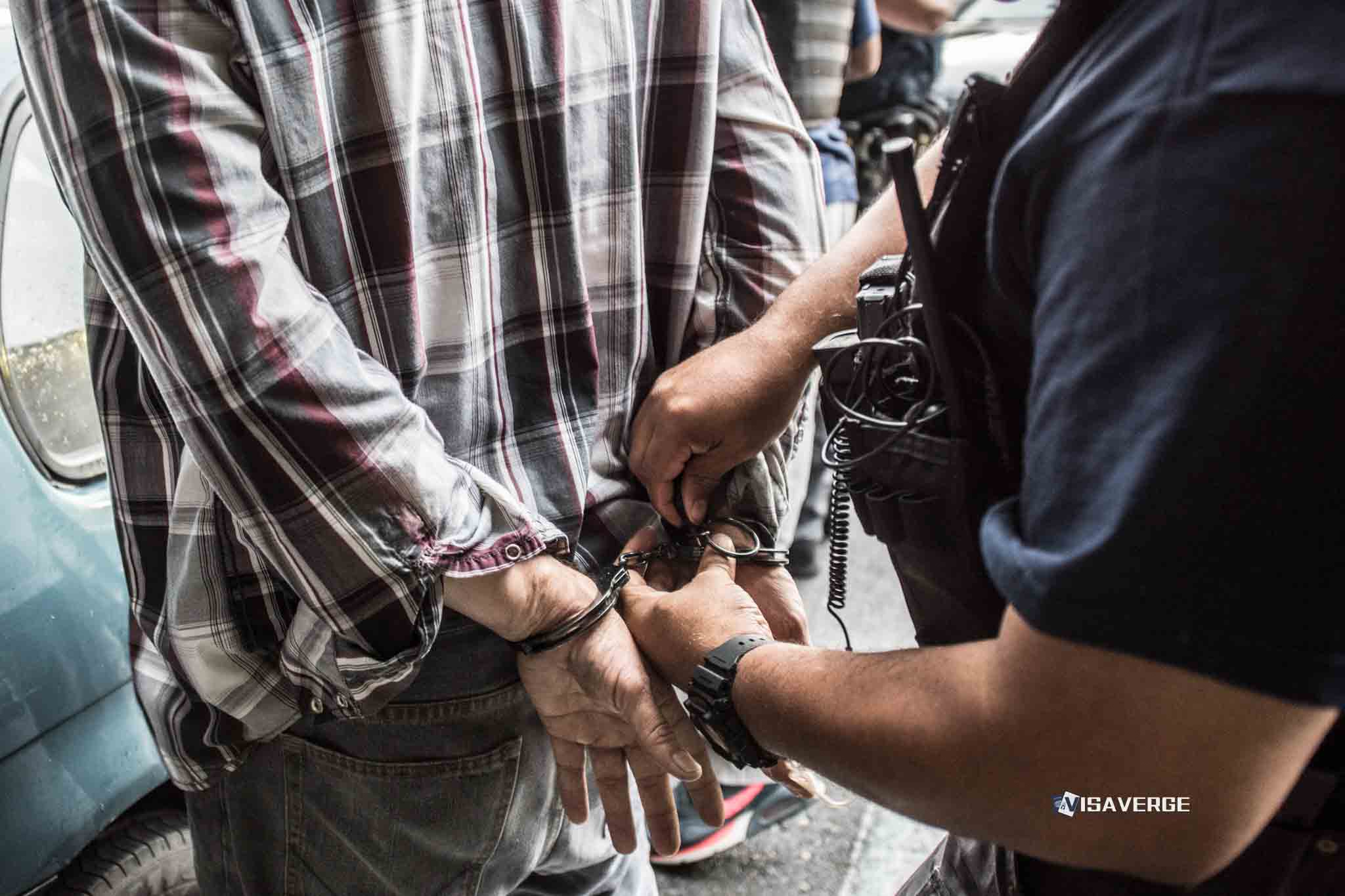(NEW YORK) ICE detainees held in New York jails face steep hurdles reaching their lawyers, with inconsistent phone access, delayed legal mail, and weeks-long waits for calls or video meetings that undercut their cases, according to attorneys and advocacy groups. The obstacles have grown more severe this year after a policy shift by the Department of Homeland Security that, advocates say, keeps more people in long-term detention without bond hearings and shuffles them to remote facilities far from their counsel. New York Attorney General Letitia James, joined by 19 other attorneys general, has filed a legal brief opposing the policy, arguing it violates due process and restricts access to representation.
Lawyers describe a system where basic attorney-client communication is the exception, not the rule. They report that facilities often refuse to schedule or facilitate calls, and when a call does go through, it can be cut short without warning. Some detainees are told phones are broken. Others wait days or weeks for a video conference slot.

This climate makes it hard to advise clients, prepare filings, or gather evidence—core steps for any defense in immigration court.
Scope of the problem
According to analysis by VisaVerge.com, the problem is not limited to a handful of sites. It is widespread, especially in remote detention centers that sit hours from New York City and courthouse hubs.
For many lawyers, travel becomes a full-day undertaking, only to find that a promised visit room is being used for housing during overcrowding, or that the facility’s equipment is out of service. The result is lost time, missed deadlines, and clients left to face hearings with limited preparation.
Policy shift raises legal access concerns
Advocacy groups say the 2025 DHS policy mandating indefinite detention without bond hearings for many undocumented immigrants has worsened attorney-client communication. Transfers to far-flung facilities separate detainees from their families and lawyers, increasing isolation and breaking existing lines of contact.
State attorneys general argue the change burdens local resources, undermines court efficiency, and denies timely access to counsel. Legal experts note that over 70% of detained immigrants appear in immigration court without a lawyer, a rate they link directly to barriers inside detention settings.
This transfer pattern often resets the communication process. A detainee who had a local lawyer may suddenly land in a facility hours away, where the new site’s scheduling rules, phone systems, and visitation policies differ. Attorneys say that even getting confirmation of a client’s location can take days, while court dates loom. In practice, this means cases go forward with limited evidence, incomplete affidavits, or absent witnesses.
The Department of Homeland Security and U.S. Immigration and Customs Enforcement have internal standards that call for reasonable legal access. The issue, attorneys argue, is consistent enforcement.
In New York jails that hold ICE detainees, phone systems are unreliable, fax machines sit broken, and staff decline to accept legal mail by fax even when required. Facilities sometimes confiscate legal materials, breaching policy and cutting off the exchange of documents that a fair defense requires.
ICE’s own rules, including provisions on visits, legal calls, and mail, are detailed in agency detention standards, but lawyers say on-the-ground practices diverge. The official reference is here: U.S. Immigration and Customs Enforcement detention standards.
Documented barriers in New York facilities
Attorneys and advocacy groups have logged the same patterns across multiple sites:
- Inconsistent phone access
- Detainees can’t make timely legal calls; calls drop; return calls aren’t allowed.
- Facilities sometimes insist that lawyers submit requests that sit unanswered.
- Delayed or undelivered legal mail
- Time-sensitive filings arrive late, or not at all.
- Some facilities refuse faxed paperwork, even for urgent court timelines.
- Repurposed legal rooms
- During overcrowding, attorney-client rooms are turned into housing cells.
- This leaves no private space for confidential meetings.
- Faulty equipment
- Broken fax machines and video terminals remain unrepaired.
- Equipment failures freeze document flow and delay communication.
- Systemic isolation
- Detention far from legal hubs makes in-person visits rare.
- Even a ten-minute call becomes a lifeline detainees cannot count on.
Advocates say the stakes are high. Detained immigrants must respond to complex notices, gather evidence from home countries, and articulate fear-based claims that can decide whether they face removal or receive protection. Without stable contact, people miss filing windows or fail to present key facts. Those who lose cases may never know a late-arriving document could have changed the outcome.
Paths forward and stakeholder responses
Legal organizations including the ACLU and the American Immigration Council have pressed for reforms and filed lawsuits seeking transparent, timely access to counsel inside detention centers. Some court orders have forced targeted improvements, such as guaranteed call windows or fixed video platforms at certain locations.
Yet attorneys say the fixes are often narrow and fragile. When staff change or populations surge, the gains slip.
Recommended immediate steps for detention centers
New York’s legal community is urging concrete steps that detention centers can implement quickly:
- Set clear, posted schedules for attorney calls and video visits, with same-day or next-day slots for urgent matters.
- Maintain confidential call lines that are not monitored or recorded, except as allowed by law.
- Repair or replace broken equipment within set timeframes and document the fix.
- Accept faxed legal mail and track delivery with receipts sent to both the detainee and the attorney.
- Keep private meeting rooms dedicated to legal visits, even during population spikes.
Public defenders and private attorneys also call for stronger oversight:
- Routine audits of access procedures
- Public reporting on call wait times
- Consequences when facilities block attorney-client communication without cause
They argue detention should not mean a blackout on legal rights.
Human impact
Families describe the toll:
- A father held upstate waits weeks to speak with the lawyer his sister retained.
- A mother in a remote county cannot call her attorney because the facility’s phones cut off after five minutes.
These stories, lawyers say, are not outliers—they are the daily reality for many ICE detainees in New York jails.
The state coalition’s legal brief against the 2025 detention policy frames access to counsel as a constitutional matter. Due process requires a meaningful chance to be heard. That includes the ability to consult a lawyer, exchange documents, and prepare for hearings. When a policy results in extended detention far from counsel and systematic barriers to contact, attorneys general argue, it crosses a legal line.
Practical advice from attorneys and advocates
For now, attorneys advise families and counsel to take specific steps to document access problems and seek relief:
- Keep detailed logs of every attempted call, fax, or visit.
- Save receipts and copies of correspondence.
- Alert counsel immediately when access breaks down.
- Lawyers should document denials and raise them with judges, asking for continuances when communication barriers prevent proper preparation.
These records can support broader litigation and pressure facilities to comply with standards.
While some facility leaders cite staffing shortages and security rules as limits, legal experts counter that workable models already exist. Simple steps—longer call windows, reliable scheduling, and prompt mail handling—can make the difference between a prepared defense and a rushed hearing.
Until those basics are in place, they warn, the system will continue producing unrepresented or underprepared respondents, with life-altering consequences that ripple far beyond the jail walls.
This Article in a Nutshell
ICE detainees held in New York jails face systemic barriers to attorney-client communication, including unreliable phones, delayed or refused legal mail, broken video and fax equipment, and the repurposing of attorney visit rooms during overcrowding. Advocates say the 2025 DHS policy, which enables longer detention and transfers to remote facilities without bond hearings, has worsened access by moving detainees far from counsel and families. New York Attorney General Letitia James and 19 other state attorneys general filed a brief opposing the policy as a due-process violation. Legal groups like the ACLU have pursued litigation and limited court-ordered fixes, while attorneys urge immediate operational reforms—clear call schedules, confidential lines, timely repairs, acceptance of faxed legal mail, and dedicated legal rooms—to protect defendants’ rights and ensure fair immigration proceedings.







